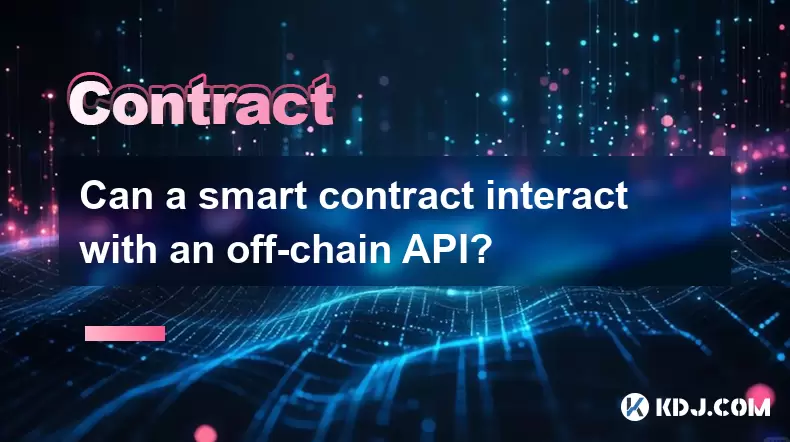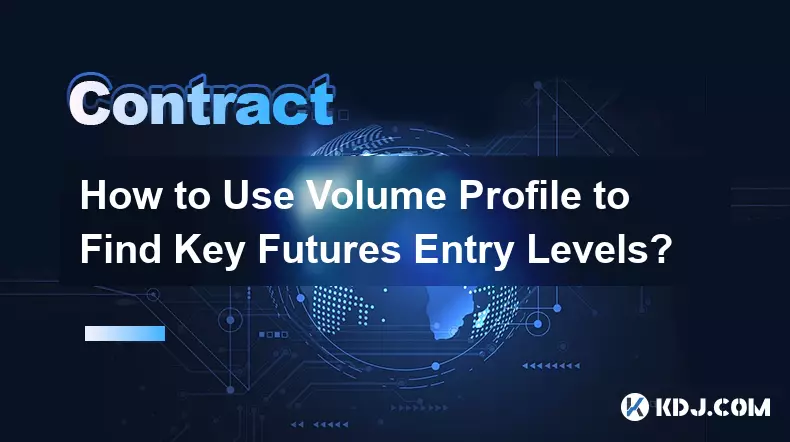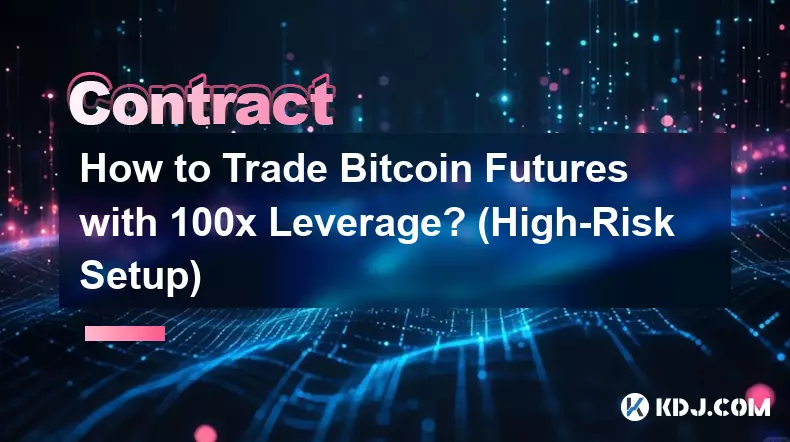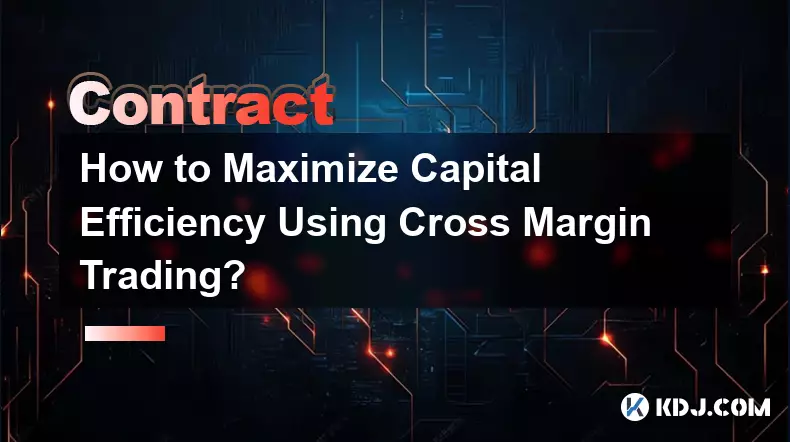-
 bitcoin
bitcoin $87959.907984 USD
1.34% -
 ethereum
ethereum $2920.497338 USD
3.04% -
 tether
tether $0.999775 USD
0.00% -
 xrp
xrp $2.237324 USD
8.12% -
 bnb
bnb $860.243768 USD
0.90% -
 solana
solana $138.089498 USD
5.43% -
 usd-coin
usd-coin $0.999807 USD
0.01% -
 tron
tron $0.272801 USD
-1.53% -
 dogecoin
dogecoin $0.150904 USD
2.96% -
 cardano
cardano $0.421635 USD
1.97% -
 hyperliquid
hyperliquid $32.152445 USD
2.23% -
 bitcoin-cash
bitcoin-cash $533.301069 USD
-1.94% -
 chainlink
chainlink $12.953417 USD
2.68% -
 unus-sed-leo
unus-sed-leo $9.535951 USD
0.73% -
 zcash
zcash $521.483386 USD
-2.87%
Can a smart contract interact with an off-chain API?
Smart contracts use oracles to securely access external APIs, enabling them to retrieve real-world data like cryptocurrency prices for decentralized applications.
Jul 10, 2025 at 09:42 pm

What is a Smart Contract?
A smart contract is a self-executing contract with the terms of the agreement directly written into lines of code. These contracts run on blockchain platforms like Ethereum and automatically execute actions when predetermined conditions are met. Because they operate on decentralized networks, smart contracts are immutable and transparent. However, due to the nature of blockchain environments, smart contracts cannot directly interact with external systems, such as off-chain APIs, without additional tools.
Blockchain networks maintain consensus through nodes that validate transactions and ensure data integrity. For this reason, external data sources are considered untrusted unless verified by the network. This limitation leads to the question: how can a smart contract access real-world data or services outside its native environment?
The Challenge of Off-Chain Data Integration
Smart contracts are inherently isolated from the internet and other external systems. This isolation ensures security and consistency across the decentralized network but also creates a barrier for accessing live data. For example, if a smart contract needs to fetch cryptocurrency prices, weather information, or sports results, it must rely on an intermediary known as an oracle.
An oracle serves as a bridge between the blockchain and external data sources. It retrieves data from off-chain APIs and delivers it to the smart contract in a trusted manner. Oracles come in various forms—centralized, decentralized, or human-based—and each type has different implications for trust and reliability.
How Do Smart Contracts Use External APIs via Oracles?
To enable interaction between a smart contract and an off-chain API, developers integrate oracle services into their contract logic. The process involves several steps:
- Define the data requirement: Identify what kind of data the smart contract needs and which API provides it.
- Select a reliable oracle provider: Choose an oracle service like Chainlink, Band Protocol, or Pyth Network that supports secure data feeds.
- Integrate oracle contracts: Deploy oracle contracts alongside the main smart contract to handle data requests.
- Make a data request: The smart contract sends a request to the oracle, specifying the required data and any parameters.
- Receive and verify data: The oracle fetches data from the API, signs it cryptographically, and returns it to the smart contract.
- Use the data in execution: Once validated, the smart contract uses the data to trigger functions or update state variables.
Each step must be carefully implemented to avoid vulnerabilities. Developers often use predefined interfaces provided by oracle services to simplify integration and ensure compatibility.
Practical Example: Fetching Price Data Using Chainlink
Let’s walk through a practical example using Chainlink, one of the most popular oracle solutions for Ethereum-based smart contracts.
- Set up your development environment: Install Solidity compiler, Truffle, Hardhat, or Remix IDE.
- Import Chainlink contracts: Use
@chainlink/contractsto import necessary interfaces and libraries. - Create a new contract: Define a contract that inherits from
ChainlinkClient. - Configure the oracle and job ID: Set the oracle address and specify the job ID that maps to the desired API endpoint.
- Specify the payment amount: Determine how much LINK token to pay the oracle node for retrieving the data.
- Build the request function: Implement a function that calls
chainlinkRequest()with the appropriate parameters. - Handle the response: Define a callback function that receives and processes the returned data.
This workflow allows a smart contract to securely retrieve price data from a financial API, which can then be used for DeFi applications, NFT minting, or conditional transfers.
Security Considerations When Using Oracles
While oracles enable powerful functionality, they also introduce potential attack vectors. If an oracle is compromised or provides incorrect data, the smart contract may behave unpredictably. To mitigate these risks:
- Choose reputable oracle providers: Only use well-audited and community-trusted oracle services.
- Implement multi-source aggregation: Combine data from multiple oracles to reduce reliance on a single point of failure.
- Verify cryptographic signatures: Ensure that the data received comes from a legitimate source by checking digital signatures.
- Monitor oracle performance: Regularly audit oracle responses and set thresholds for acceptable deviation.
- Use fallback mechanisms: Design the contract to handle cases where data retrieval fails or returns unexpected values.
These precautions help maintain the integrity and reliability of smart contracts interacting with external APIs.
Frequently Asked Questions (FAQs)
Q1: Can a smart contract call any HTTP API directly?No, smart contracts cannot make direct HTTP calls because blockchain nodes do not have internet access. They must rely on oracles to fetch and deliver off-chain data securely.
Q2: Are all oracles centralized?Not all oracles are centralized. Some, like Chainlink and Band Protocol, offer decentralized oracle networks that aggregate data from multiple sources to enhance trust and accuracy.
Q3: What happens if an oracle returns incorrect data?If an oracle returns inaccurate or malicious data, it can lead to unintended behavior in the smart contract. This scenario highlights the importance of selecting reliable oracles and implementing redundancy measures.
Q4: Is there a cost associated with using oracles?Yes, using oracles typically requires paying fees in the form of tokens like LINK (for Chainlink). These payments compensate oracle providers for retrieving and delivering data to the blockchain.
Disclaimer:info@kdj.com
The information provided is not trading advice. kdj.com does not assume any responsibility for any investments made based on the information provided in this article. Cryptocurrencies are highly volatile and it is highly recommended that you invest with caution after thorough research!
If you believe that the content used on this website infringes your copyright, please contact us immediately (info@kdj.com) and we will delete it promptly.
- Butuo County Puts the Brakes on Virtual Currency Mining: Sichuan's Latest Crackdown
- 2026-02-05 15:55:01
- Beyond the Neon Glow: Ethereum Casinos Set New Standards for Fair Play, Fees, and Speed
- 2026-02-05 15:30:07
- CME Group Navigates Crypto Tides: Own Coin, 24/7 Trading Amidst Market's Reckoning
- 2026-02-05 16:05:01
- Bitcoin Faces Liquidity Test Amid Shifting Institutional Support Landscape
- 2026-02-05 13:05:01
- Volkswagen Tayron R-Line 7-Seater: A New Era of Luxury Family SUV Hits India
- 2026-02-05 13:00:01
- AI, Crypto Bounties, and Human Labor: The Shifting Landscape of Work
- 2026-02-05 13:00:01
Related knowledge

How to Manage Emotions and "Revenge Trading" in Futures?
Feb 05,2026 at 12:19am
Understanding Emotional Triggers in Futures Markets1. Market volatility directly impacts psychological states, often amplifying fear or euphoria based...

How to Use Candle Close Confirmation for Futures Entry?
Feb 05,2026 at 04:20pm
Understanding Candle Close Confirmation1. A candle close confirmation occurs when the final price of a candlestick settles beyond a predefined level, ...

How to Analyze Market Sentiment Using the Fear and Greed Index?
Feb 05,2026 at 07:40am
Understanding the Fear and Greed Index1. The Fear and Greed Index is a composite metric designed to quantify prevailing emotional states among cryptoc...

How to Use Volume Profile to Find Key Futures Entry Levels?
Feb 04,2026 at 11:39pm
Understanding Volume Profile Structure1. Volume Profile displays the distribution of traded volume at specific price levels over a defined time period...

How to Trade Bitcoin Futures with 100x Leverage? (High-Risk Setup)
Feb 05,2026 at 11:00am
Understanding Bitcoin Futures Mechanics1. Bitcoin futures contracts represent agreements to buy or sell BTC at a predetermined price and date in the f...

How to Maximize Capital Efficiency Using Cross Margin Trading?
Feb 05,2026 at 12:40am
Cross Margin Trading Fundamentals1. Cross margin trading allows traders to use their entire account balance as collateral for open positions across mu...

How to Manage Emotions and "Revenge Trading" in Futures?
Feb 05,2026 at 12:19am
Understanding Emotional Triggers in Futures Markets1. Market volatility directly impacts psychological states, often amplifying fear or euphoria based...

How to Use Candle Close Confirmation for Futures Entry?
Feb 05,2026 at 04:20pm
Understanding Candle Close Confirmation1. A candle close confirmation occurs when the final price of a candlestick settles beyond a predefined level, ...

How to Analyze Market Sentiment Using the Fear and Greed Index?
Feb 05,2026 at 07:40am
Understanding the Fear and Greed Index1. The Fear and Greed Index is a composite metric designed to quantify prevailing emotional states among cryptoc...

How to Use Volume Profile to Find Key Futures Entry Levels?
Feb 04,2026 at 11:39pm
Understanding Volume Profile Structure1. Volume Profile displays the distribution of traded volume at specific price levels over a defined time period...

How to Trade Bitcoin Futures with 100x Leverage? (High-Risk Setup)
Feb 05,2026 at 11:00am
Understanding Bitcoin Futures Mechanics1. Bitcoin futures contracts represent agreements to buy or sell BTC at a predetermined price and date in the f...

How to Maximize Capital Efficiency Using Cross Margin Trading?
Feb 05,2026 at 12:40am
Cross Margin Trading Fundamentals1. Cross margin trading allows traders to use their entire account balance as collateral for open positions across mu...
See all articles























![KING vs PAINIFY😳 (1v1 ZONEWARS) [FORTNITE TOKEN/WAGER] KING vs PAINIFY😳 (1v1 ZONEWARS) [FORTNITE TOKEN/WAGER]](/uploads/2026/02/05/cryptocurrencies-news/videos/origin_6984035326d58_image_500_375.webp)
![2/4 [U.S. Hot Search] CIA: Xi Jinping is a paranoid | Xi Jinping’s two phone calls | Shandong’s “Internet-addicted” teenagers rebelled against tyranny | A direct attack on the Chengdu hacker national team | Why GDP must grow by 5% | The bridge under construction by the China Railway 12th Bureau collapsed | Thousands of billions of dollars spent abroad and thirty billion domestic subsidies | 2/4 [U.S. Hot Search] CIA: Xi Jinping is a paranoid | Xi Jinping’s two phone calls | Shandong’s “Internet-addicted” teenagers rebelled against tyranny | A direct attack on the Chengdu hacker national team | Why GDP must grow by 5% | The bridge under construction by the China Railway 12th Bureau collapsed | Thousands of billions of dollars spent abroad and thirty billion domestic subsidies |](/uploads/2026/02/05/cryptocurrencies-news/videos/origin_69840a757417b_image_500_375.webp)

















































